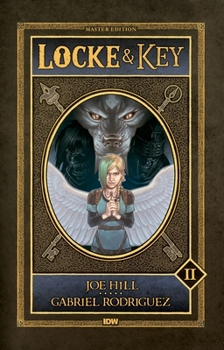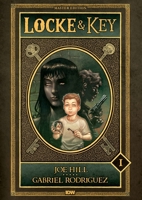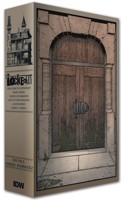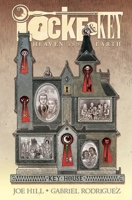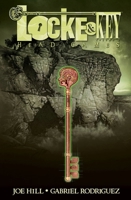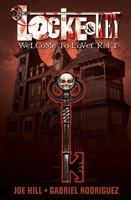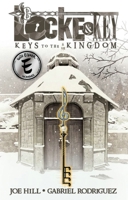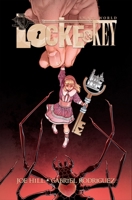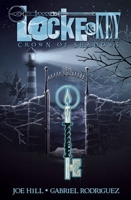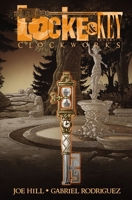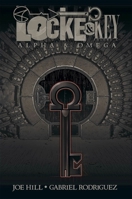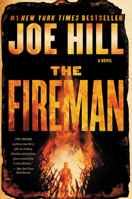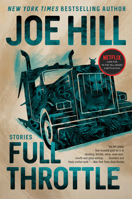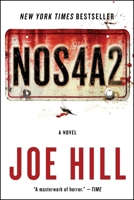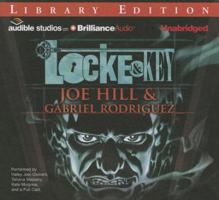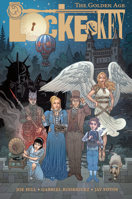Locke & Key, Master Edition Volume Two
(Part of the Locke & Key Series, Locke & Key: Keys to the Kingdom Series, and Locke & Key: Crown of Shadows Series)
Select Format
Select Condition 
You Might Also Enjoy
Book Overview
Now a Netflix Original Series Named a "modern masterpiece" by The A.V. Club, the crticially-acclaimed series Locke & Key takes on new life in a reformatted hardcover collection. Volume 2 features the third and fourth L&K arcs, Crown of Shadows and Keys to the Kingdom, with all-new cover art and design by co-creator Gabriel Rodriguez.
Format:Hardcover
Language:English
ISBN:0805242007
ISBN13:9780805242003
Release Date:October 2005
Publisher:Schocken Books Inc
Length:233 Pages
Weight:0.82 lbs.
Dimensions:1.0" x 5.3" x 7.8"
Customer Reviews
5 customer ratings | 5 reviews
There are currently no reviews. Be the first to review this work.










